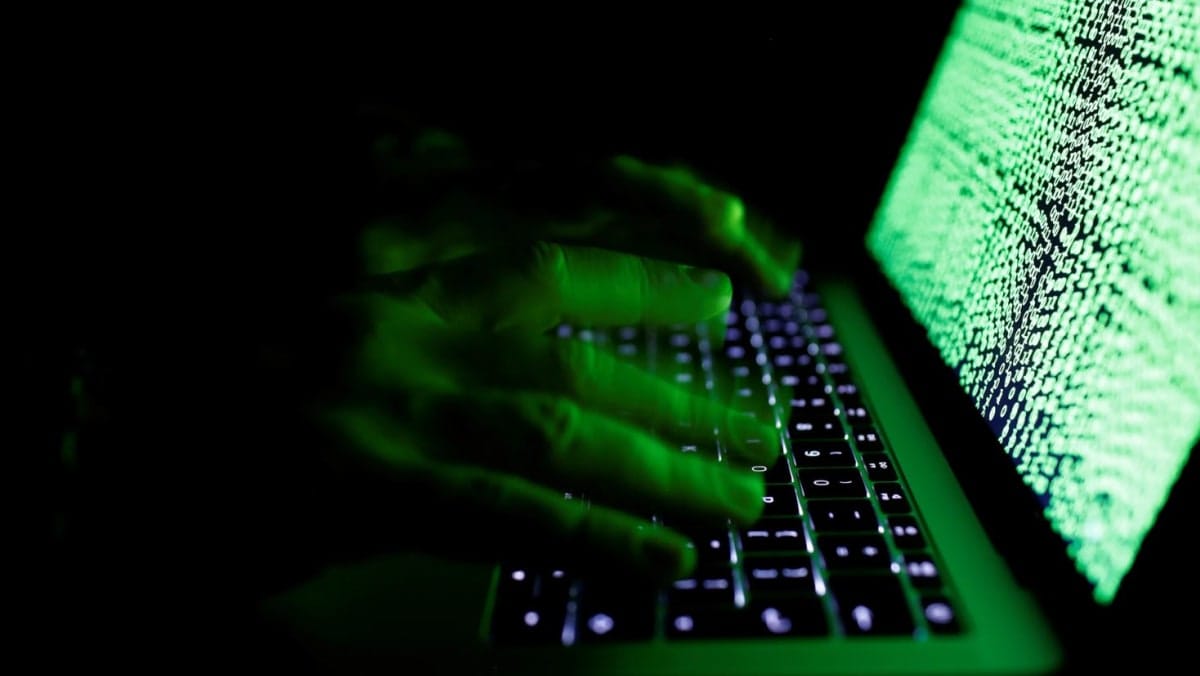German call leak at S'pore Airshow: Hosts not expected to provide secured communication to foreign guests 'as a rule', says Heng Chee How

Source: TODAY
SINGAPORE -- Countries that host international events and conferences are not, "as a rule", expected to provide secured means of communication as foreign guests typically arrange their own means of transmitting sensitive information, said Senior Minister of State for Defence Heng Chee How on Tuesday (April 2).
These protocols can include the use of encryption hardware or software, commercial secured lines or those provided by the embassy. He said the Ministry of Defence (Mindef) and Singapore Armed Forces (SAF) officials also adopt such practices when attending meetings abroad.
"Even if a host country is to offer such means (of secured communications), it is questionable whether foreign participants are comfortable using it," added Mr Heng.
He was responding to a parliamentary question on cybersecurity measures taken by host countries a month after a Russian media outlet leaked an audio recording of a confidential conversation between a group of senior German military officials.
One of the officials on the call was reportedly a general who stayed at a Singapore hotel last month during the biennial Singapore Airshow. Using the wireless internet service provided by the hotel, he had dialled into an online call on a web-conferencing platform that was suspected to be compromised.
Referring to the incident, Yio Chu Kang Single Member Constituency Member of Parliament (MP) Yip Hon Weng asked if Singapore's reputation on hosting military events might be impacted, and also sought to find out what measures are in place to safeguard Singapore's telecommunications infrastructure during events with high-level foreign dignitaries.
Clarifying that his response will not refer to any specific incident, Mr Heng said participants to international events and conferences, including those attended by military personnel and government leaders and officials do not expect the host country to provide secured means of communications, as these are typically arranged by the participants on their end.
"For Mindef and SAF, we take a proactive approach to cybersecurity when we are involved in high signature events inclusive of those involving high-level foreign dignitaries, and we work closely with event organisers who remain accountable for the overall cybersecurity of these events," Mr Heng told the House.
These proactive efforts include identifying an event's digital footprint and cybersecurity risk areas, scanning the vendor websites and checking the website and commercial applications used, as well as working out cybersecurity incident escalation and reporting processes.
"If vulnerabilities are uncovered through these checks, event organisers would be required to resolve them prior to the event.
"Mindef and SAF, however, does not cover the cybersecurity of foreign militaries' internal (and) unilateral virtual meetings, which is outside the scope of these events," said Mr Heng.



